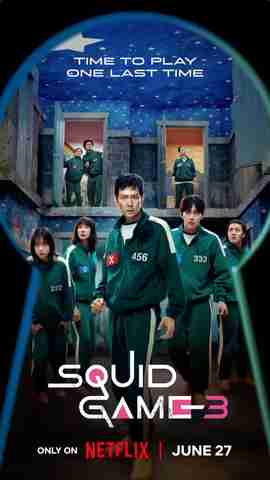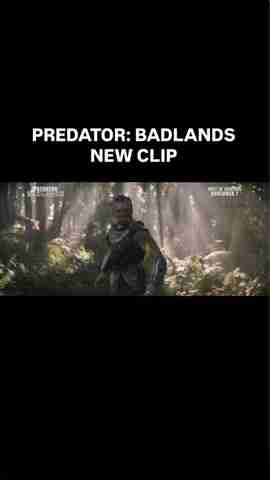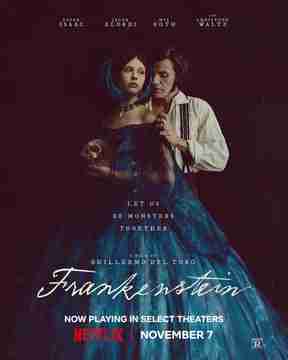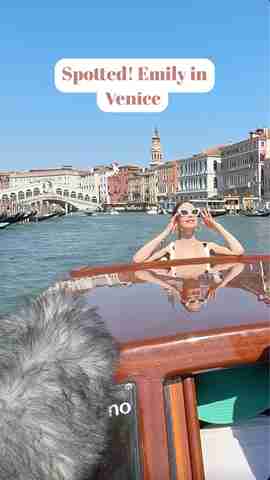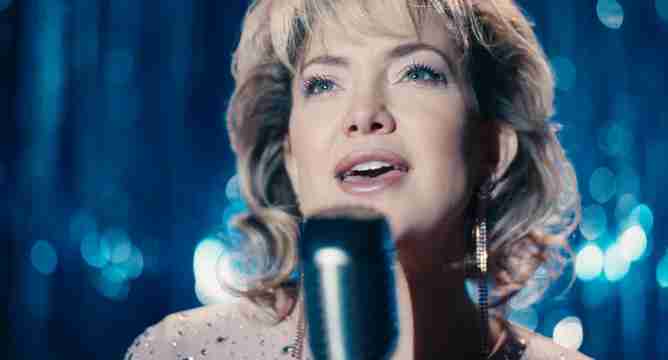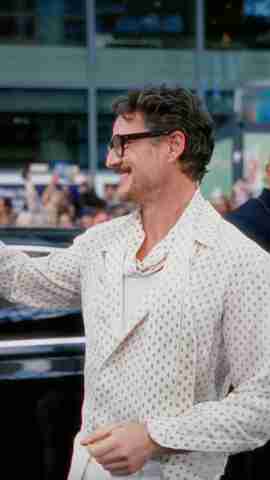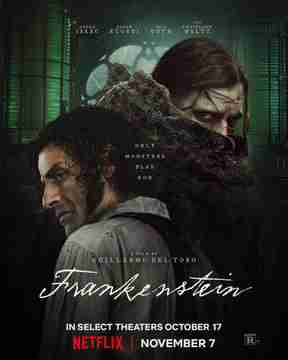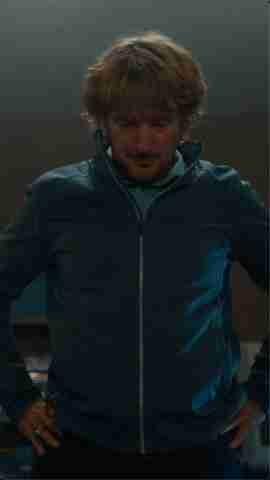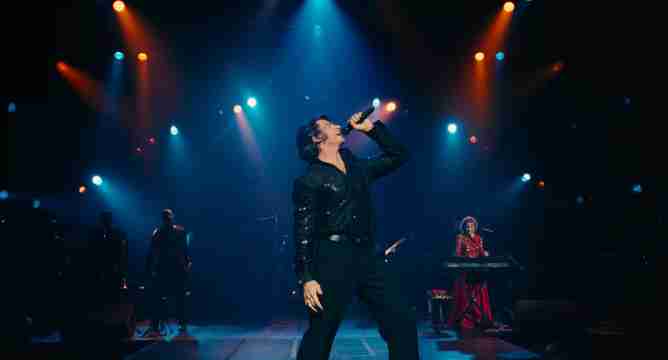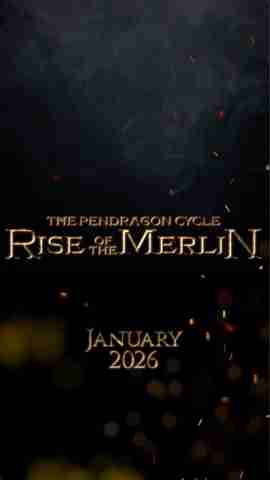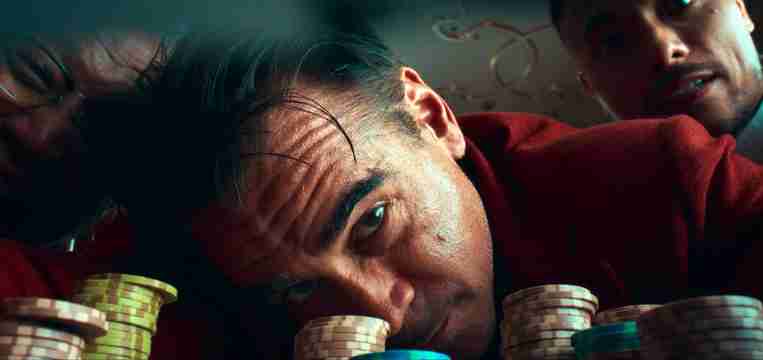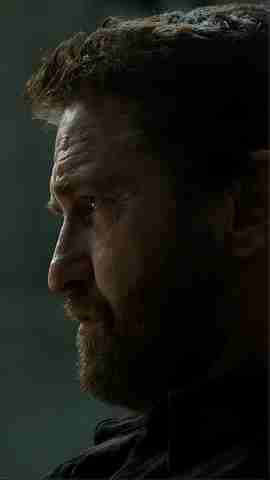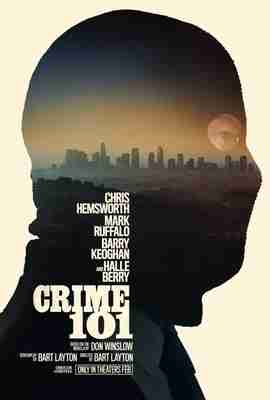Jovem Guarda was primarily a Brazilian musical television show first aired by Rede Record in 1965, though the term soon expanded so as to designate the entire movement and style surrounding it. The members of the program were singers who had been influenced by the American rock n' roll of the late 1950s and British Invasion bands of the 1960s, though the music often became softer, more naïve versions with light, romantic lyrics aimed at teenagers. They were Roberto Carlos, Erasmo Carlos and Wanderléa, with other bands and musicians appearing on the show as guests.
The style became popularly known as "iê-iê-iê", a term that, like French yé-yé, is most likely based on the freqüent "yeah" cries heard in songs of the period. Iê-iê-iê was often considered a lesser genre, inferior to the more sophisticated bossa nova and MPB music of the period. Jovem Guarda also became a lucrative business thanks to merchandise that explored its theme and even a couple of themed motion pictures were shot during the period, thus reinforcing the idea of its lack of artistic integrity. However, by the late sixties and early seventies, singers Erasmo Carlos and Roberto Carlos had shown a more mature side to their work and, later, even MPB singers, as Nara Leão, Maria Bethânia, Gal Costa and Elis Regina, would add their material to their repertoires. For a long time, the program was the leader of the audience "youth Sunday afternoons," as the song of Sunday Afternoons Young, Roberto Carlos. But from the end of 1967, audience numbers began to fall, probably as a result of overexposure of the artists, who attended all the programs in order to maximize their income. The spread of the rock led to the artists who performed in the program were depreciated on charges of sold and Americanized by a section of the public preferred the songs of the festivals and then Tropicalia. Thanks to "Young Guard," Brazilian rock began to be recognized throughout South America appeared most avant-garde artists as well, and impressed by the music of youth in the program, as Raul Seixas to his songs with religious themes, mystical and strange and Rita Lee songs that mocked the Brazilian music scene old and new and the strange appearance of the rock by the sight of a middle class mother. The style of the songs were romantic and unconcerned with politics, which led many intellectuals to mock and be against the program that never spoke out against the dictatorship. The most famous episodes was when the release of the album Roberto Carlos "The inimitable" artists and intellectuals began to call the singer of "The Brazilian-Americanized and alienated." The exact difference between the Young Guard led by Roberto Carlos and Tropicalismo Caetano and Gilberto Gil, is not in excencia but the influence they had: The young guard Roberto Carlos was very influenced by American rock, while the Tropicalismo was influenced by British rock more intellectual. In Tropicalism still had the influence of Bob Dylan.

